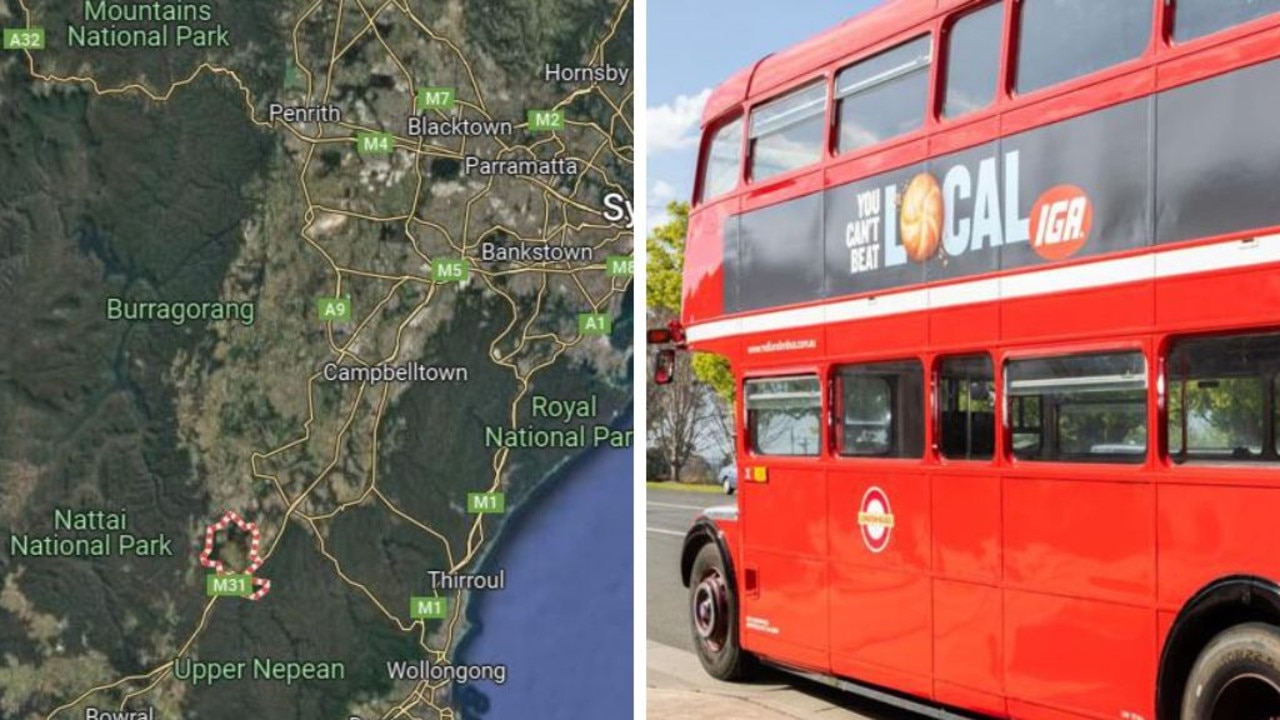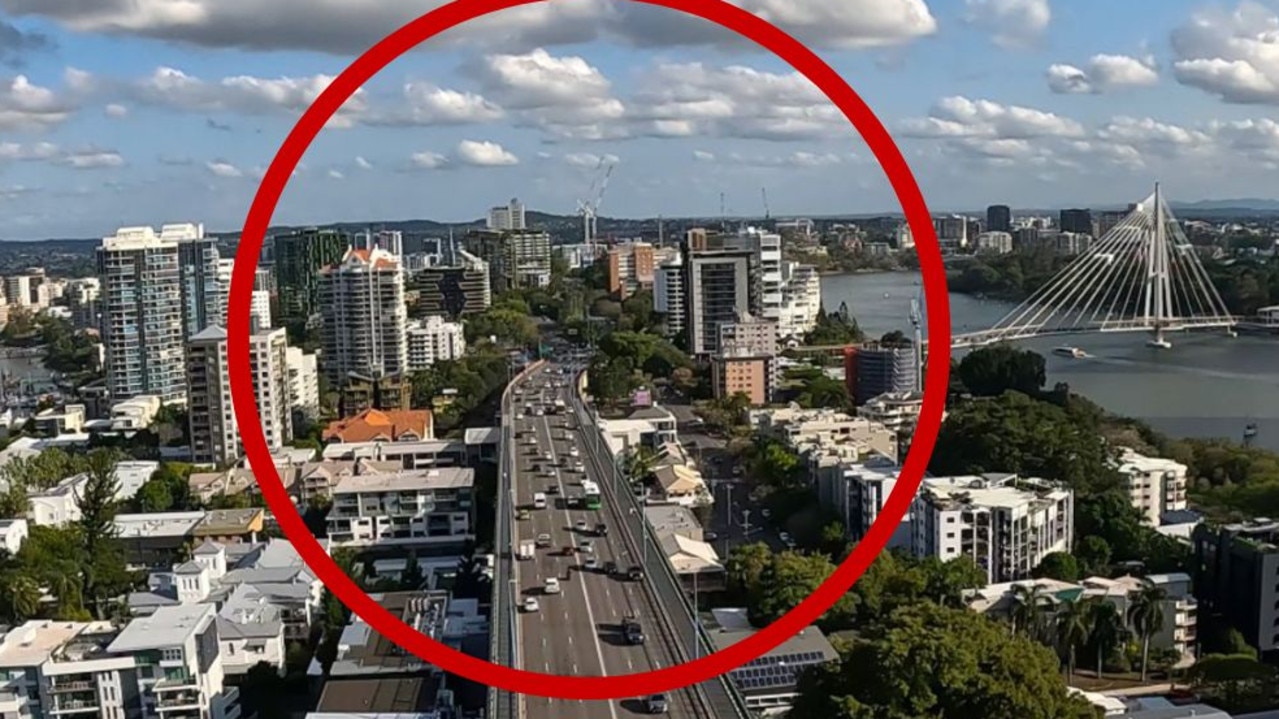Greed from short-term rentals is causing a rental crisis in Byron, Hobart
It’s the place to be seen on holiday but one number shows the huge damage that greed is having on this one-time paradise.
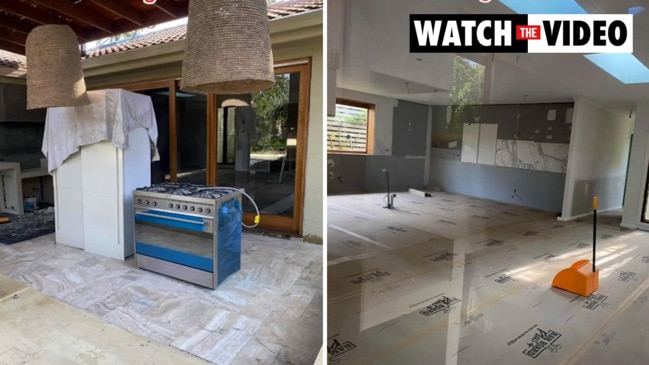
OPINION
With a huge shortage in affordable long-term rental accommodation nationwide, it’s understandable that the ethics of property investors renting out homes on the holiday rental market are being questioned.
As the former owner of a short-term property management business, it’s often automatically assumed that my own ethos is one that uncompromisingly supports the wants and needs of property investors. But the reality is quite different.
I see property ownership – in any form and especially so in the current housing crisis – as a privilege, not a right. And with that privilege must come responsibility, humility and contribution.
The widespread myth that putting your surplus properties on the short-term rental market is the quickest and simplest way to make big bucks is, ironically, shooting the sector in the foot.
The present reality is that many popular holiday destinations are now at saturation point, meaning no one wins.
Take Byron Bay for example, which is estimated to have the highest concentration of short-term rentals of any LGA in NSW.
In April this year, there were 43 long-term residential homes advertised for lease across the Byron region. At the same time, there were 2013 entire home rentals with active listings on short-term accommodation sites.
That’s a ratio of one long-term rental for every 47 holiday properties.

In Tasmania, where there’s been a huge surge of holiday properties opened, there are currently 818 short-term rentals in the central Hobart region.
In that same area, 163 long-term rentals are listed on realestate.com.au. That’s a healthier ratio of one long-term rental for every five holiday rentals, but still disproportionate nonetheless.
These situations simply aren’t sustainable long-term – financially or otherwise.
If an area is overrun with holiday properties, it generally loses the appeal it once had for holiday-makers. If essential hospitality and housekeeping staff can’t afford to live in the area, businesses struggle to find staff and end up folding. And the more competition there is, the less profit they make.
They also aren’t good for our community or the planet. So bringing in regulations to cap the number of holiday rentals makes sense from multiple perspectives. Government incentives to house victims of natural disasters and emergency scenarios is also something that should always be supported.
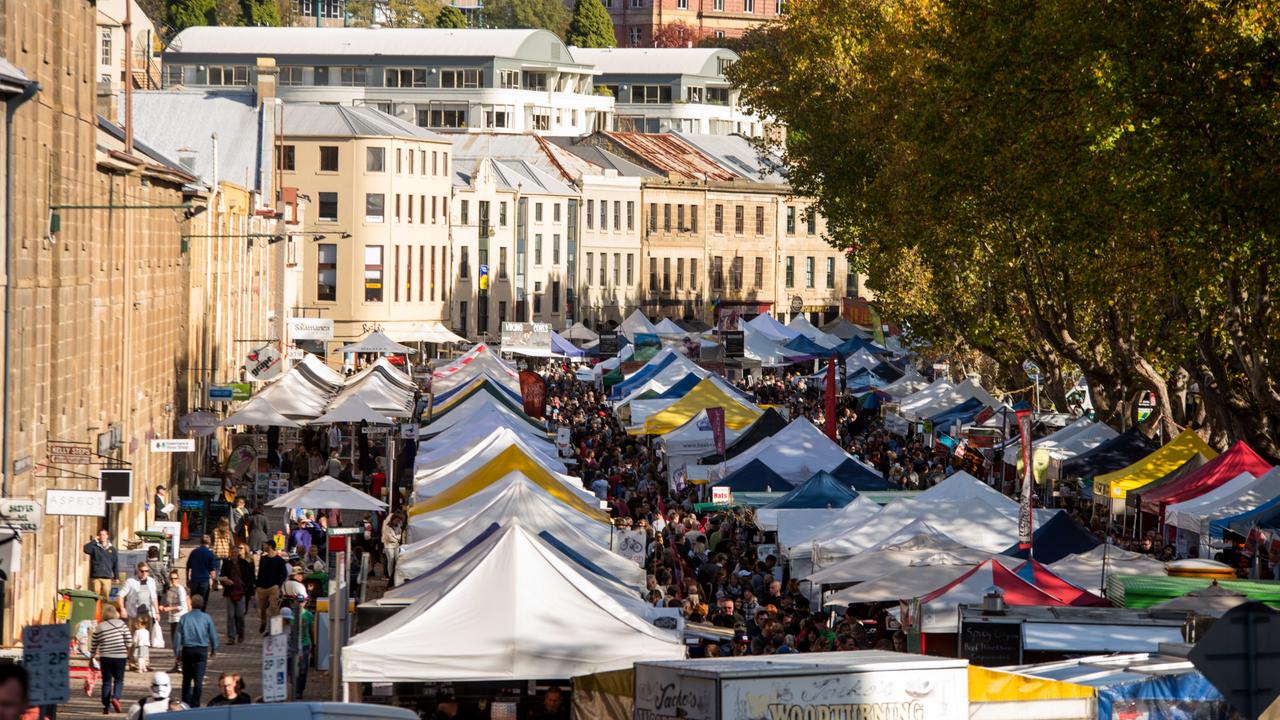
That doesn’t mean, however, that all short-stay accommodation is bad – and demonising Airbnbs only polarises the debate.
When run well by hosts, high-quality short-stay accommodation can fuel the local economy, creating employment and invigorating the community – as long as it’s done in a mindful, sustainable way.
At the moment there are a lot of multinationals making money rather than the ‘little guy’.
Airbnb itself has raised its fees exponentially in recent years, to the ongoing ire of the host population that ultimately props it up.
There are also too many people running multiple properties with the only goal being profit, and with little regard to the actual quality of the property, what it gives back to the community, how it fosters inclusion and enables those with diverse needs to have broader travel opportunities, not to mention its impact on the environment.
Their days are seriously numbered.
Based on an influx of anecdotal evidence, market saturation in many areas and the overarching economic downturn are starting to bite and many hosts are reporting ‘low’ to ‘no’ bookings.
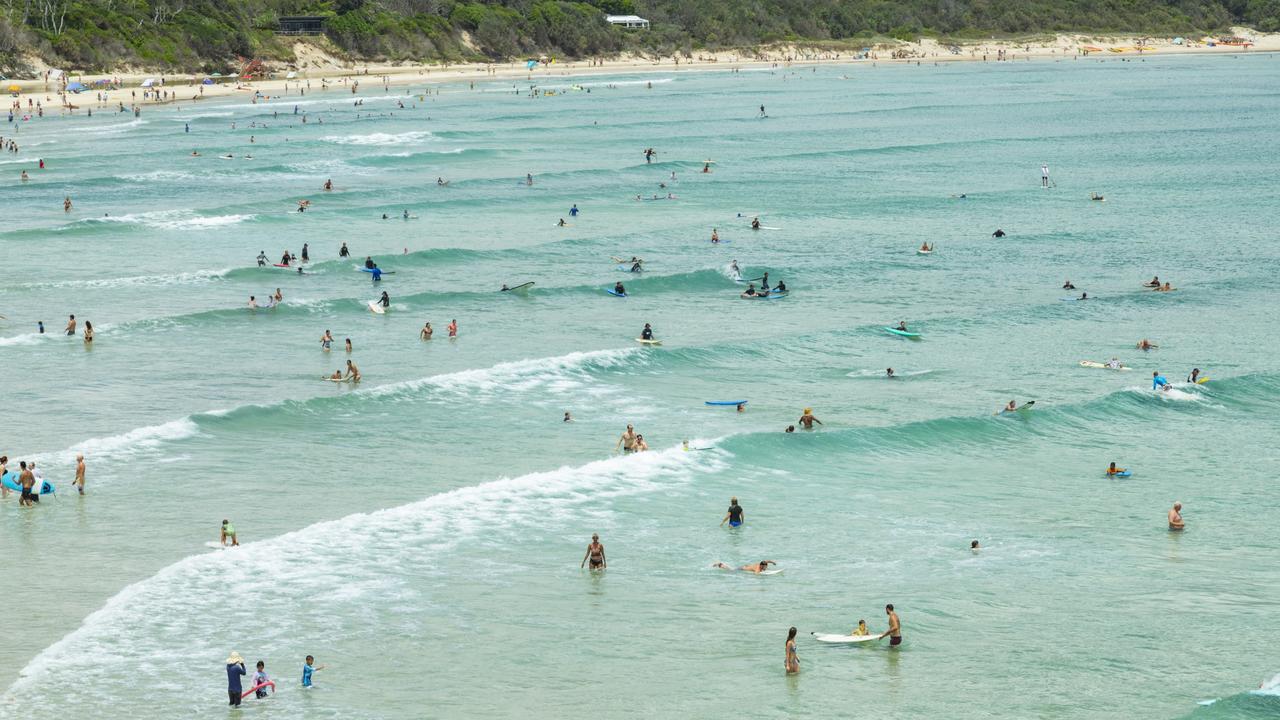
The accommodation businesses that will survive are those that have true vision and purpose, beyond the quick ‘set and forget’ profitmaking model of the past.
That’s why I created Hosting with Heart. It’s a directory of accommodation owners and properties that ‘give a sh*t’ – about the environment, about the local community, and about our diverse population, including the nearly one in two of us who have a disability or chronic illness.
At the moment, less than 5 per cent of all available holiday accommodation in Australia is deemed accessible. This is not good enough.
A growing number of hosts are seeking a return to direct bookings, bypassing the multinationals. But with big players like booking.com and Airbnb dominating the landscape, they need an alternative.
Running short-stay accommodation is hard work, physically and mentally. It is not for the faint of heart or the fickle. You need to have a willingness to tolerate an increasingly entitled and demanding guest market and take feedback on the chin. A few poor reviews can really damage your viability – you need to develop an armour of sorts.
If you want to do it well, you must have your heart in it – and with your heart in it, I believe you can truly make a difference and at the same time, cultivate a sustainable income stream for yourself long-term without compromising ethically.
And if the hosting population gradually reduces to hone in on those who fit the above criteria, I believe the long-term rental market will naturally open up as a result, meaning increased housing options for those locked out of property ownership and better quality getaways for us all.
Jen Clark is a former Airbnb host and the founder of Hosting with Heart
Read related topics:AirBnB




